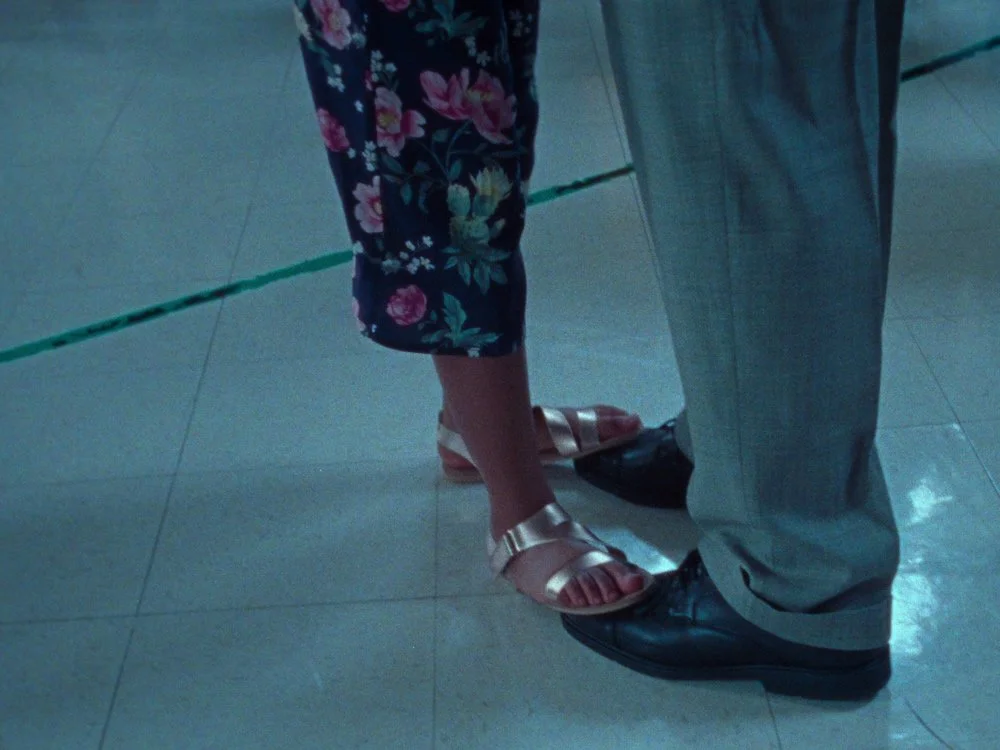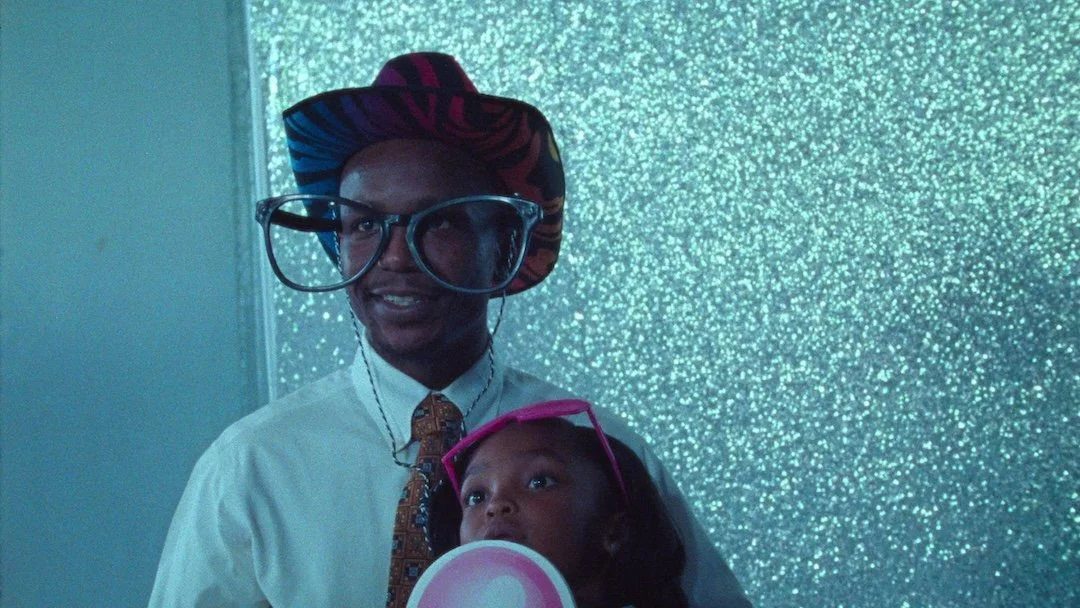I Depend on You
A Tribute to the Ones Who Hold us Down
Daughters on Netflix
We want to know there’s going to be someone there so we don’t fall. Particularly when we know there’s a chance we could. I don’t remember much about my first time learning to ride a bike. I know Uncle Mikey helped teach me. I know I needed help. I know I couldn’t have done it by myself.
As I’ve gotten older, I’ve learned more about my tendencies. Another name for this essay could’ve been “Why have I been in so many cults?”
I write about things I love & the people and moments that have shaped me. To get my work sent directly to your email inbox, sign up for a Free or Paid subscription.
It’s sweet as hell, but I love the way Kool-Aid tastes—which is to say, I love being a part of something. I want to be a part of the right thing. If I find the right group, the right creative outlet, the right use of my time, it’s okay for me to get lost in, right?
Sharing lineage with a people who have been force-fed illusions of “hope” and “change,” I’m susceptible to things that sound good without taking a pause to consider if they’re as good as they sound.
That pause is so important—as well as having people in my life who encourage me to take that pause, who remind me I’m more than my own bullshit, which I love to smell. Sometimes, I swear it’s as euphoric as a whiff of that Glossier perfume, and it fades just as fast.
My people help me see beyond myself, past my own hurt, past the ways I seek to self-sabotage.
In Toni Morrison’s popular essay The Work You Do, the Person You Are, she shares about picking up a job as a young girl helping to clean an older lady’s house. As the woman’s demands increase, Toni complains to her father. Instead of telling his daughter to get over it, he reminds her what’s real:
“Listen. You don’t live there. You live here. With your people. Go to work. Get your money. And come on home.”
That simple shift in her thinking transformed how Morrison viewed herself within the context of work. In closing the essay, she wrote, “I’ve had many kinds of jobs, but since that conversation with my father I have never considered the level of labor to be the measure of myself, and I have never placed the security of a job above the value of home.”
As someone for whom that lesson didn’t come easy, this essay resonated with me. But mostly, it makes me think about the people who give us the gift of perspective, who help walk us home, who invite us to remember who we are and what truly matters. The ones who hold us down.
Recently, I watched Daughters, and that’s the most I’ve cried in a while. The documentary follows four young girls as they prepare to reunite with their incarcerated fathers for a daddy-daughter dance at a DC jail.
The images of fathers and daughters reuniting at the dance broke me. How tenderly they held each other. The nurturing words they spoke to one another. The promises they made.
Daughters is a documentary about how we hold each other down. Mothers caring for their little girls while their daughter’s dads are held captive by the state. Daughters helping their fathers heal. Fathers promising their daughters they’ll be home soon. Men and women tending to families inside and outside of prisons.
It’s an acknowledgment that we belong to each other. Our ability to provide for one another can keep us grounded when we need it most.
Daughters on Netflix
During the dance, you see dads interacting with their daughters. Some of those interactions are more emotional; some are more awkward. But when the men gather together afterward, beginning to realize the time they had with their daughters is over, we see there’s one man whose daughter didn’t make it.
As the men grieve, some beginning to cry, he addresses the circle through tears, declaring, “The streets don’t love us; our kids love us.”
He reminds himself and the rest of the men what truly matters—being present for their children. This is one of the most touching moments in the film because the man witnessed love even though he couldn’t touch that love in person. As he spoke, the men came to him. They hugged him and let him know they were there. He wasn’t left behind; he wasn’t alone.
When the men returned to their circle in the days that followed, one of the fathers choked up while talking about his experience at the dance. He shrugged it off.
“You cry for the people you love, so…”
He remembered why he was hurting. For his people. For his daughter. That’s who kept him focused on healing and freedom; that’s who kept him alive.
On the chorus of Noname’s song “hold me down,” she sings:
“Any way we get it, we gon' get it for now
You was with it when benefits was added to the account
I could count on you for a favor for a certain amount
Hold me down, hold me down
Hold me down, hold me down”
It’s not a question; it’s a demand. Hold me down. Be there for me. It feels desperate. And in the song’s outro, we understand why:
“And I depend on you
And I depend on you”
I need my people. I’m not self-made. I don’t believe any of us are. Anything I’ve ever earned is a result of the people who helped me get there and encouraged me to keep showing up.
When I was on the brink of burnout, it’s my people who helped pull me back from the ledge. It’s the friends of mine I saw writing who made me want to get in on the fun. When I didn’t think I had a book in me, it’s my grandma who encouraged me to write one.
On “nu things / sure thing,” Horace Gaither raps:
“I don’t know if you gon’ hold me back or hold me down
I hope you hold me down”
I’m grateful that I don’t have to wonder if my people are going to be there for me; I know they are. And because they hold me down, I know I can keep pedaling. All of us finding our footing together. Making a cult of our own consistency and care.

